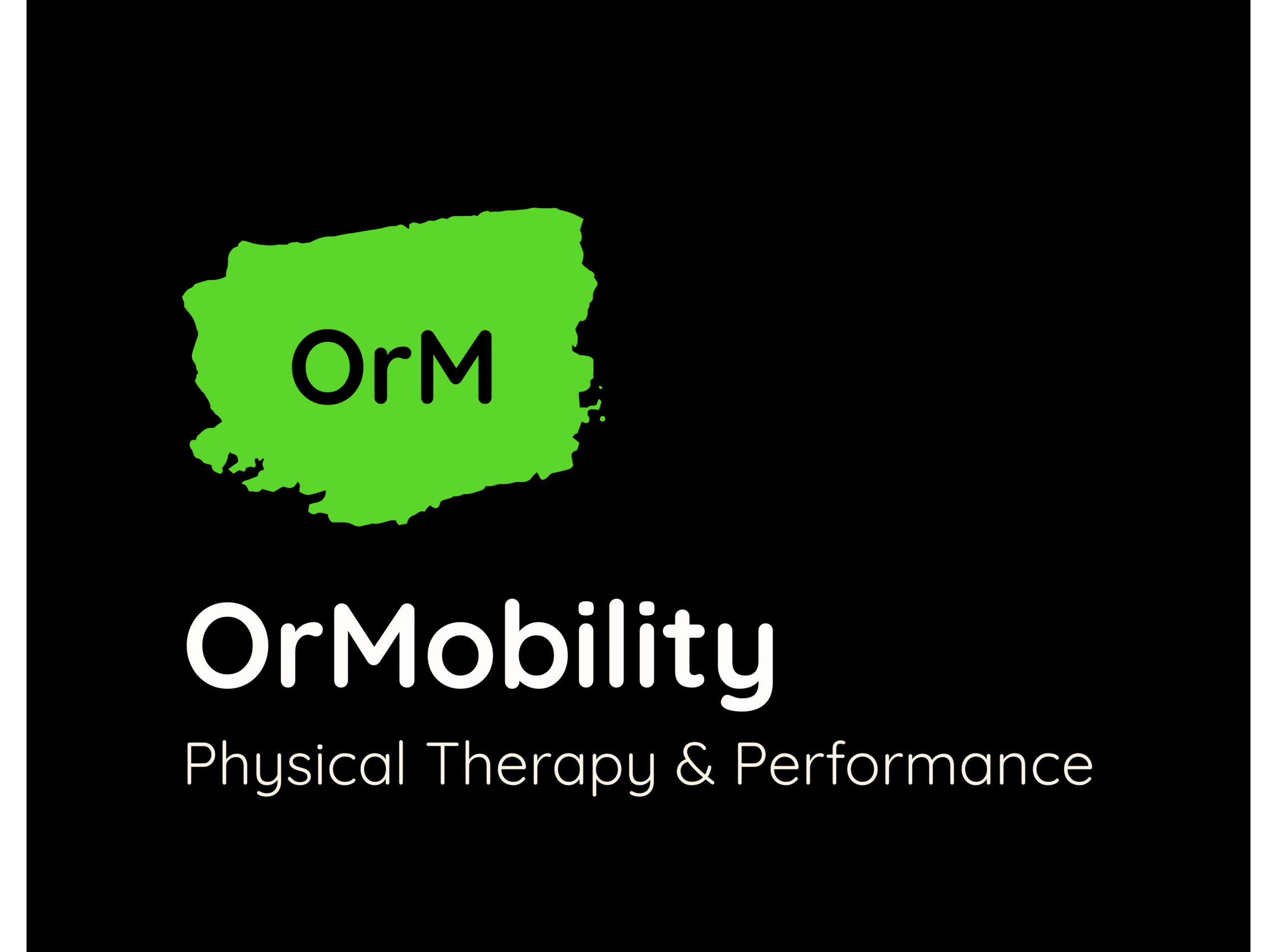Introduction
A mild concussion, also known as a mild traumatic brain injury (mTBI), is a common neurological condition caused by a blow or jolt to the head or body that disrupts the brain’s normal functioning. It is essential to recognize the signs and symptoms of a mild concussion promptly to ensure appropriate care and facilitate a smooth recovery. In this comprehensive article, we will explore the causes, symptoms, diagnosis, treatment, and recovery process for mild concussions.
What is a Mild Concussion?
A mild concussion is a form of traumatic brain injury characterized by temporary disruption of normal brain function due to mechanical forces transmitted to the head. The injury is often caused by falls, sports-related accidents, motor vehicle accidents, or other incidents involving head impact. Although mild concussions are considered less severe than moderate or severe traumatic brain injuries, they should not be taken lightly, as they can still result in significant short-term and long-term effects.
Causes and Risk Factors
The most common causes of mild concussions include:
- Falls: Tripping, slipping, or falling from a height can result in a blow to the head.
- Sports Injuries: High-impact sports, such as football, rugby, soccer, and boxing, carry a higher risk of head injuries.
- Motor Vehicle Accidents: Car crashes, particularly when the head strikes the windshield or dashboard, can lead to concussions.
- Assaults: Physical assaults or blows to the head during altercations can cause concussions.
Certain risk factors can increase an individual’s susceptibility to mild concussions, including:
- Age: Children and older adults are more vulnerable to concussions due to their less developed or age-related weakened brain structures.
- Gender: Studies show that males are more likely to sustain concussions compared to females.
- Participation in Contact Sports: Engaging in contact sports that involve frequent collisions or impacts increases the risk of concussions.
- Previous Concussions: Individuals with a history of concussions are at a higher risk of experiencing subsequent concussions.
Symptoms of Mild Concussion

The symptoms of a mild concussion may vary from person to person and can manifest immediately after the injury or take hours to appear. Common symptoms include:
- Headache: A persistent or throbbing headache is a common symptom of a mild concussion.
- Confusion: Disorientation, memory lapses, and difficulty concentrating are typical signs of a mild concussion.
- Nausea and Vomiting: Feeling nauseous or vomiting may occur shortly after the injury.
- Dizziness and Balance Issues: Difficulty maintaining balance and feeling lightheaded or dizzy are common symptoms.
- Fatigue: Feeling tired or lethargic, even after minimal physical or mental exertion.
- Sensitivity to Light and Sound: Sensitivity to bright lights and loud noises may be experienced.
- Sleep Disturbances: Changes in sleep patterns, such as insomnia or excessive sleepiness, can occur.
- Visual Disturbances: Blurred vision or seeing stars may be reported.
- Mood Changes: Irritability, anxiety, depression, or mood swings can result from a mild concussion.
It is crucial to note that some symptoms may appear immediately after the injury, while others may take days or weeks to develop. If any of these symptoms are observed, medical attention should be sought promptly.
Diagnosis of Mild Concussion
Diagnosing a mild concussion requires a comprehensive evaluation, which may involve the following steps:
- Medical History: The healthcare provider will inquire about the details of the injury, symptoms, and any previous history of head trauma.
- Physical Examination: A thorough neurological examination will be performed to assess reflexes, coordination, and cognitive function.
- Neurological Tests: Tests such as the Glasgow Coma Scale (GCS) are used to assess the severity of the injury.
- Cognitive Tests: Specialized cognitive tests, such as the Immediate Post-Concussion Assessment and Cognitive Testing (ImPACT), may be administered to evaluate cognitive function.
- Imaging Studies: While mild concussions do not always show abnormalities on imaging tests, a CT scan or MRI may be ordered to rule out other brain injuries.
Treatment of Mild Concussion

Treatment for a mild concussion focuses on providing adequate rest for the brain to heal and managing symptoms. The following steps are typically recommended:
- Physical and Cognitive Rest: Limiting physical and mental activities that worsen symptoms is essential for recovery.
- Medication: Over-the-counter pain relievers may be used to alleviate headaches, but other medications should be used with caution, as they may mask symptoms.
- Avoiding Alcohol and Drugs: Alcohol and recreational drugs can interfere with the brain’s healing process and should be avoided during recovery.
- Gradual Return to Activities: As symptoms improve, a gradual return to normal activities should be initiated under the guidance of a healthcare professional.
- Monitoring: Close monitoring of symptoms is necessary to identify any changes that may require further medical attention.
Recovery and Management of Mild Concussion
The majority of individuals with mild concussions recover fully within a few weeks. However, some may experience prolonged or persistent symptoms, a condition known as post-concussion syndrome. To support recovery and manage symptoms effectively, the following strategies are recommended:
- Follow Medical Advice: Adhere to the recommendations and instructions provided by healthcare professionals, including activity restrictions and medication use.
- Gradual Return to Work or School: Gradually returning to work, school, or daily activities can help minimize stress and avoid symptom exacerbation.
- Engage in Cognitive Rehabilitation: Cognitive rehabilitation programs can help individuals regain cognitive function and manage any lingering cognitive issues.
- Implement Relaxation Techniques: Stress management techniques, such as meditation and deep breathing exercises, can help reduce anxiety and promote relaxation.
- Maintain a Healthy Lifestyle: Prioritize a balanced diet, regular exercise, and adequate sleep to support overall well-being and facilitate recovery.
- Seek Psychological Support: In cases where emotional symptoms persist, seeking psychological support or counseling may be beneficial.
Conclusion
Mild concussions are common injuries that can have varying effects on individuals. Prompt recognition and appropriate management are crucial for a smooth recovery and the prevention of long-term consequences. Understanding the causes, symptoms, diagnosis, treatment, and recovery process for mild concussions is essential for individuals, caregivers, coaches, and healthcare professionals to ensure the best possible outcomes for those affected by these injuries. By adhering to medical advice, prioritizing rest, and taking proactive steps, such as exploring the services provided by Roseburg Physical Therapy, individuals with mild concussions can anticipate a return to their daily activities and the enjoyment of optimal brain health.
To find out more about how to manage a head injury. Consider looking into the resources that Sutherlin PT provides.


